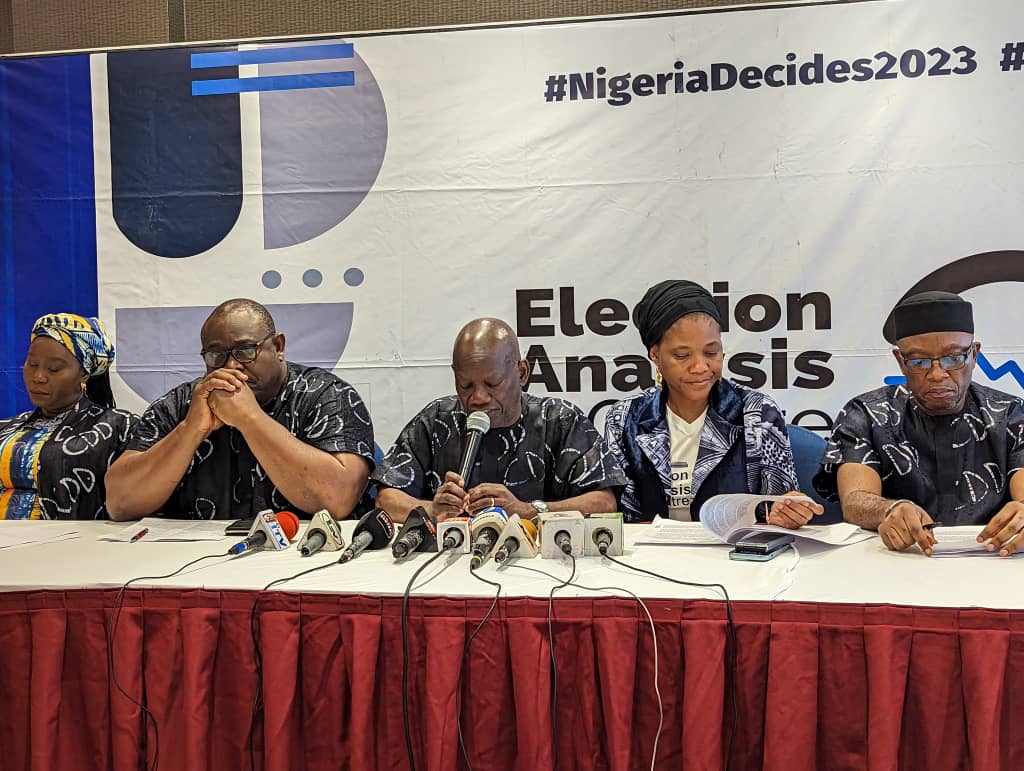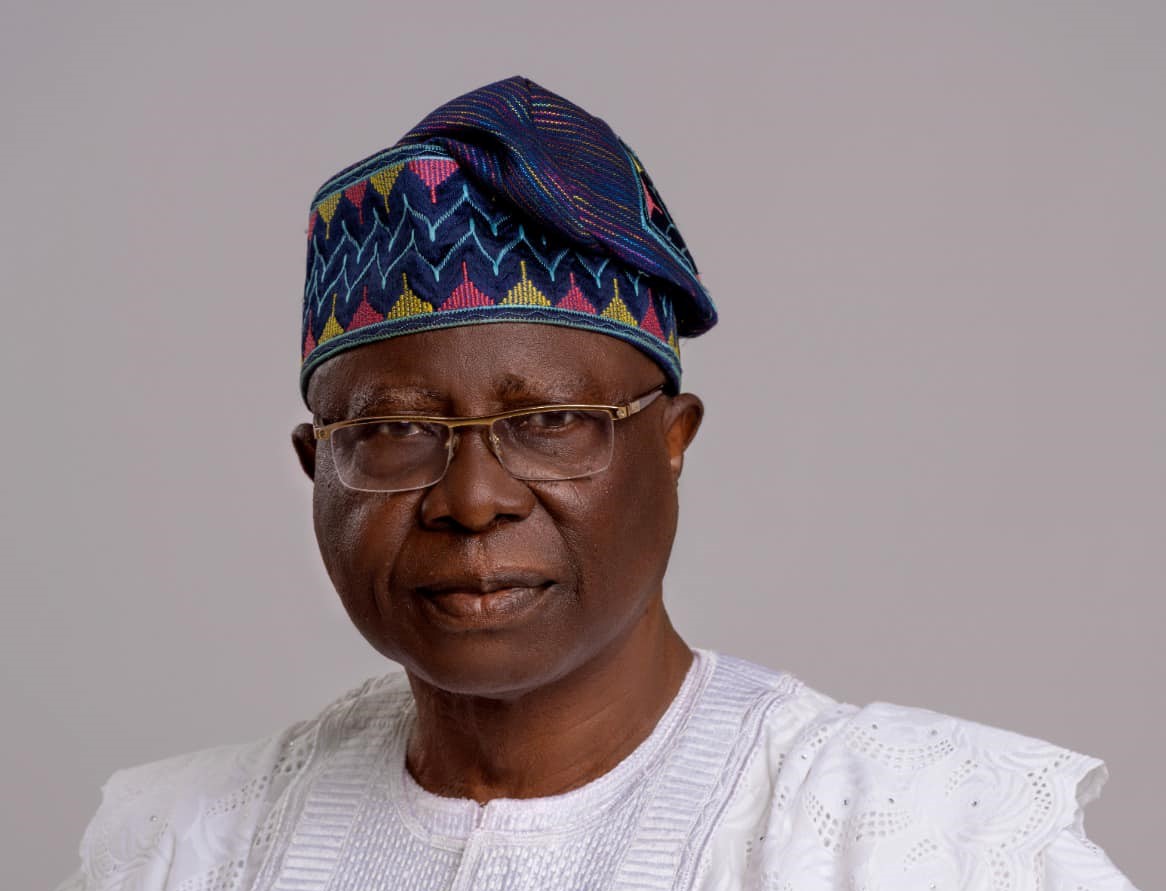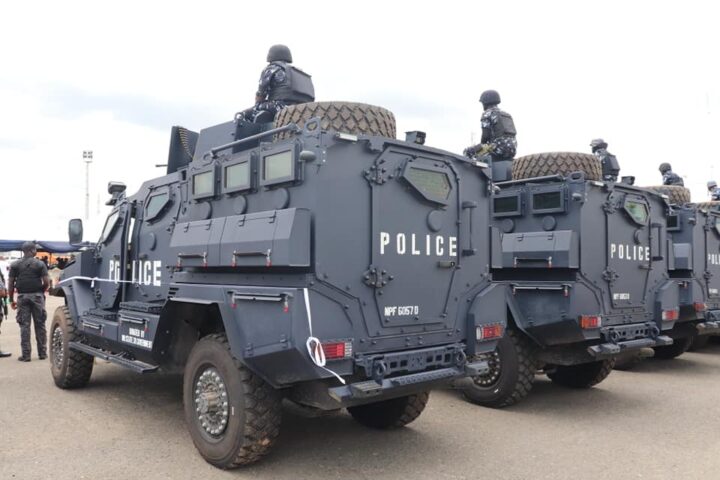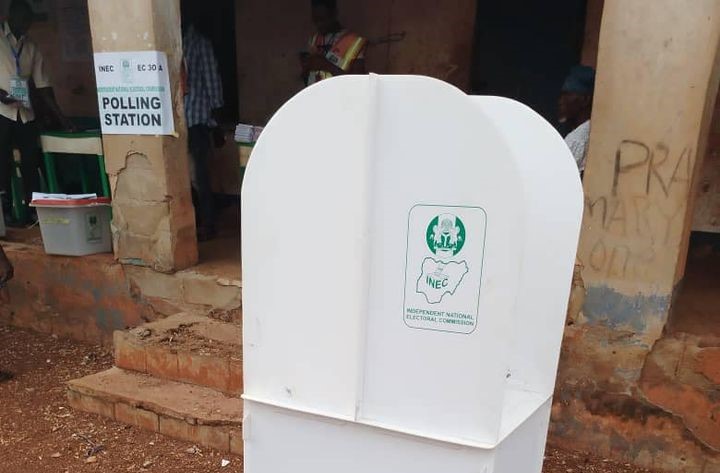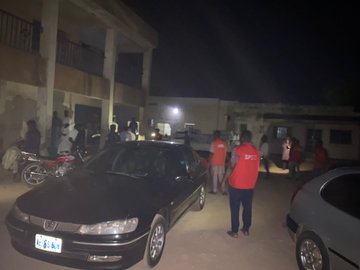The Centre for Democracy and Development (CDD) says inadequate security presence across polling units contributed to attacks recorded during the governorship and state houses of assembly elections.
Idayat Hassan, CDD director, and Adele Jinadu, chairperson of CDD election analysis centre, said this at a media briefing in Abuja on Saturday.
The organisation also expressed concern over voter suppression and intimidation, adding that it contributed to disruptions recorded during the elections.
“A concern that has cut across multiple zones is the reduced presence of security officials,” the CDD said.
Advertisement
“Observers across the states in the south-south, south-west, and north-west reported a much smaller security presence, especially when compared to the presidential election.
“This has led to repeated skirmishes and fights between voters, party agents and officials. For example, observers in Enugu reported clashes between the party representatives, while others in Jigawa highlighted similar issues between self-professed party members.
“There were reports in Ukanafun LGA, Akwa Ibom, where thugs attacked a polling unit and scared away voters. Election materials were also hijacked at gunpoint in Emelia LGA and thugs also disrupted the process in Obio Akpor LGA, both in Rivers state.
Advertisement
“In the north-central, multiple irregularities in Benue state have been flagged by observers, while the contentious elections in Adamawa, Bauchi, and Gombe — coupled with reported security challenges — have led to increased attention on the remainder of the conduct of the elections in these states.
“In the south-east, Enugu and Ebonyi are states we are continuing to closely monitor.”
The CDD also said there was vote buying across states, more than what was observed during the presidential election.
“In the north-west, observers in all seven states reported increased reports of vote trading, primarily by political party agents. Money was used alongside other materials such as food items, wrappers, and ‘credit vouchers’ were used to buy votes and those items were to be redeemed after the results,” the organisation said.
Advertisement
“Similarly, in the north-east, political party agents in Taraba infiltrated the queue, pretended to be voters, and used the chance to offer cash for votes.
“In the south-east, there were reports of APGA and LP party agents using materials, phones, and other souvenirs to entice voters in Anambra state. In the south-south, multiple states reported a desire for voters to show proof of their voted before being paid, with party agents reportedly compiling a list of their voters in Esan central LGA, Edo state.
“This might be a reflection of the heightened political environment around governorship polls, the importance of local personalities in state-level politics, and the shortages of fuel and naira.”
The organisation, however, said there was an improvement in the conduct of the elections by the Independent National Electoral Commission (INEC).
Advertisement
“Across the south-west zone, INEC officials arrived on time and promptly commenced the process in over 80 percent of the observed polling units,” the CDD added.
“This trend is broadly consistent across the six geo-political zones. In Anambra state, 75 percent of polling units had INEC officials who arrived on time with voting commencing on average at 8:41 am. There was even a report of INEC officials in Benue state having slept over at the polling unit to avoid late coming.
Advertisement
“In the south-west, the BVAS was correctly programmed for accreditation in over 95 percent of cases, although there were occasional issues of non-functionality of BVAS.”
Advertisement
Add a comment
